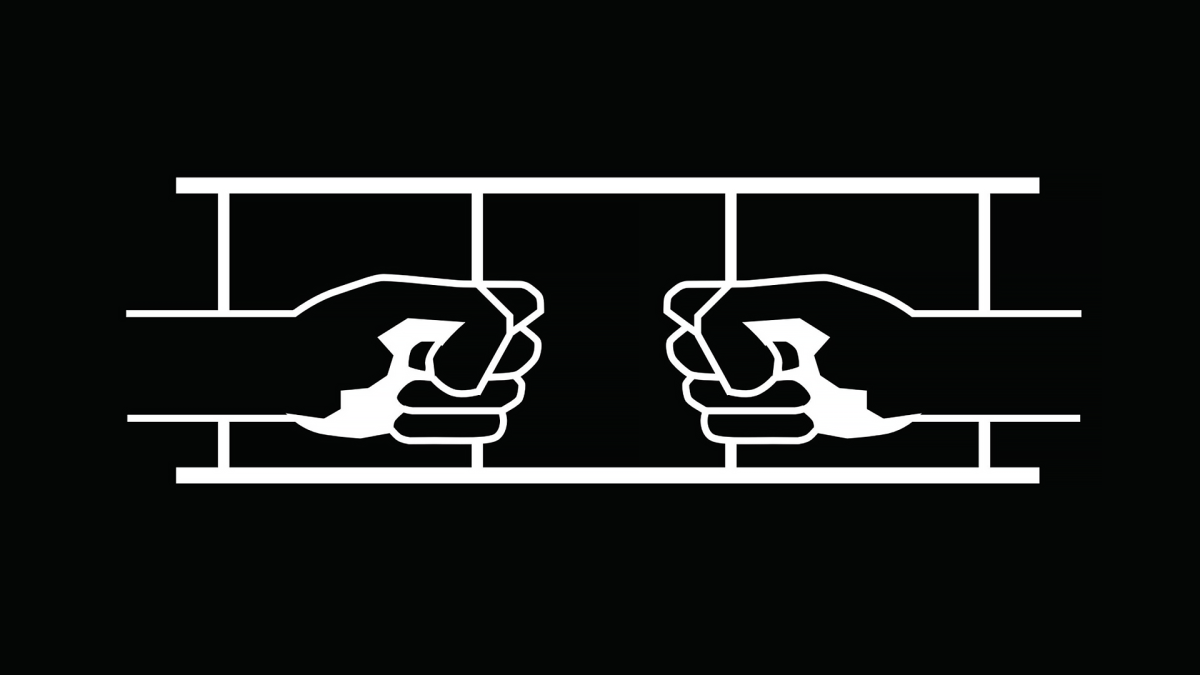
To many, labor unions evoke an image of blue-collar workers on the East Coast: rough-and-tumble teamsters who hang out at their union clubhouse and may or may not have mob affiliations. This image has been fed to all of us through popular media, but it is not indicative of anything more than a small swatch of union representation in the U.S.
The manufacturing jobs that made up the bulk of unionized labor have largely disappeared, and the power of blue-collar unions has greatly diminished. The employment that replaced things like steel mill and auto plant jobs wasn’t heavily unionized, and many were not conducive to unionization. Because of this, union representation in the U.S. has been on a steady decline since the early 1980s, according to the Bureau of Labor Statistics (BLS). In 2022, the BLS reported that union jobs had declined to 10.1% of total jobs in America. Essentially, union membership rates have been cut in half since 1983.
However, Oregon has not followed this trend. In fact, our union membership rates skyrocketed in 2020 and have only started to decline. But, Oregon rates remain well above the national average at 15.5% in 2022, according to the BLS.
One reason for this increase was a push by national unions to represent workers in the local cannabis industry. Agricultural cannabis workers are eligible for coverage by national agricultural unions, but dispensary workers have long been in a gray area when it comes to union representation.
Dispensary jobs, like budtending, are considered, “entry-level,” as they hire at, or barely above, minimum wage and do not require specific education or certifications. Although jobs historically considered “entry-level” are not typically unionized, any group of workers who want to collectively bargain have the right to a fair election to decide their union status.
In Eugene, Ore., staff from two different dispensaries voted to unionize and won. The National Labor Relations Board reports that Flowr of Lyfe employees successfully voted to unionize their workplace in March 2022. Soon after, SpaceBuds employees also voted to unionize and won by a narrow margin. As of January 2024, the staff of both dispensaries have voted to de-certify and leave the union.
Both sets of staff voted to join a union and subsequently left around the same time. However, the same national union represented both dispensaries: the United Food and Commercial Workers Union (UFCW). The UFCW is a massive organization that, according to its website, represents 1.3 million workers in the U.S. and Canada. The branch of the UFCW that oversees Oregon, Washington and Idaho is called the “Local 555.” On Dec.12, 2023, the UFCW accused the Flowr of Lyfe dispensary of “union busting,” and shortly after on Jan. 23, 2024, it accused SpaceBuds of the same transgression. Union busting is the illegal and unfair practice of an employer that punishes union employees or uses other coercive methods to dissuade their employees from joining a union. Employees have legal recourse if they are subjected to these practices.
However, UFCW webpages, one per dispensary, were created to accuse the dispensaries of union busting, and do not provide any information. This developing story requires an in-depth investigation of the UFCW 555’s practices as a whole to be complete; we have reached out for comments and will update the online version with any details.
The UFCW, despite its claims, has been unable to prove that any union-busting activities took place at either dispensary. The NLRB certified both elections that voted to de-certify as legitimate despite protests and appeals from the UFCW. Both of these de-certification elections had unanimous outcomes to leave the UFCW 555. An employee at one of these locations, who wishes to remain anonymous due to fear of retaliation, confirms what the NLRB stated: the election was legitimate and held in good faith.
The only people who can answer the question of why they decided to de-certify are the employees who participated in the vote.
For now, union representation is nonexistent for local dispensary workers. In time, more dispensary workers will likely attempt to unionize in pursuit of fair wages and working conditions, which will benefit the cannabis industry as a whole. All laborers deserve fair compensation, and unions are the most concrete footing to negotiate for that right. Multinational union representation has thus far been rejected; perhaps it is time to consider grassroots campaigns organized by and for the workers of the cannabis industry as a viable alternative.


















